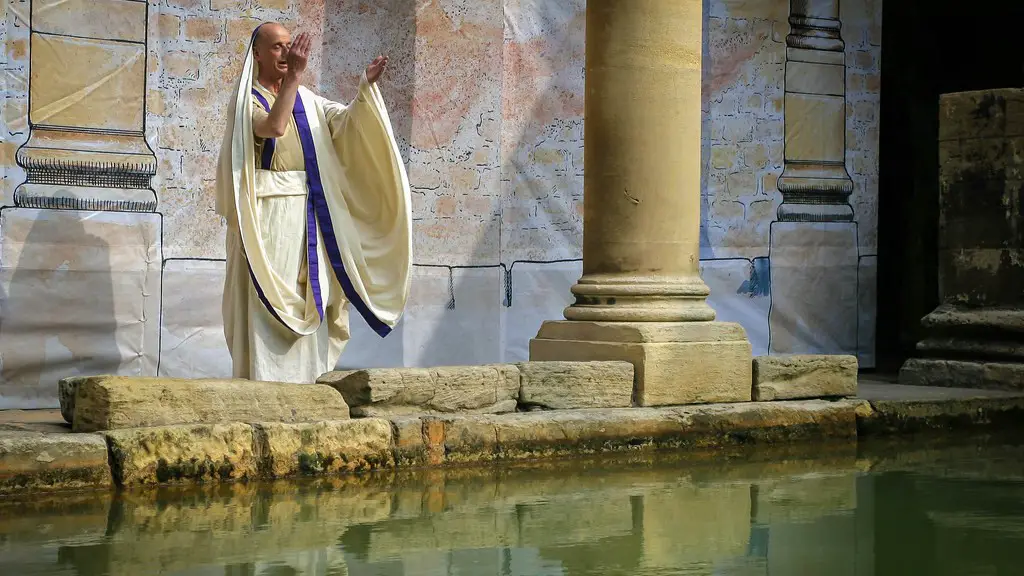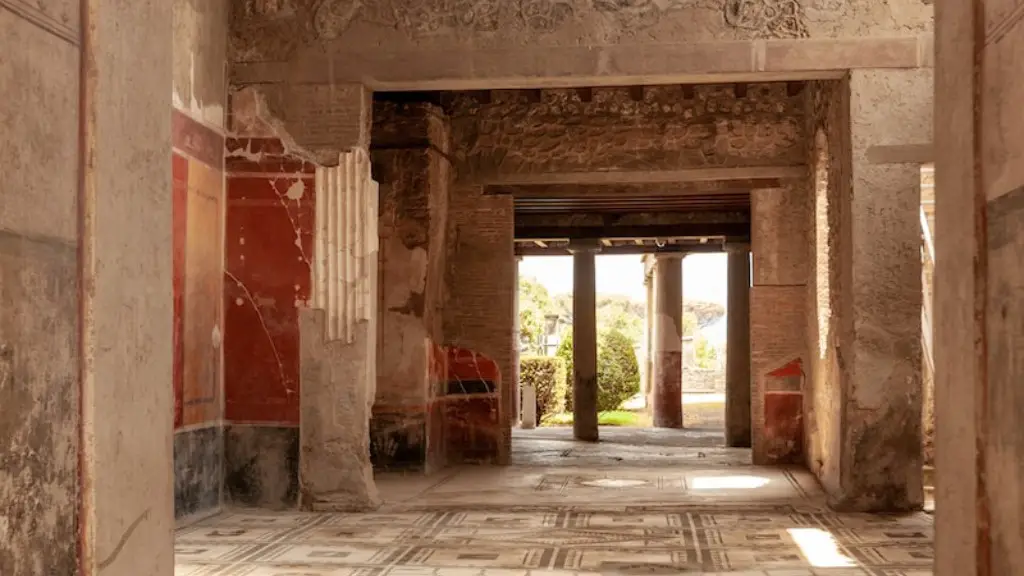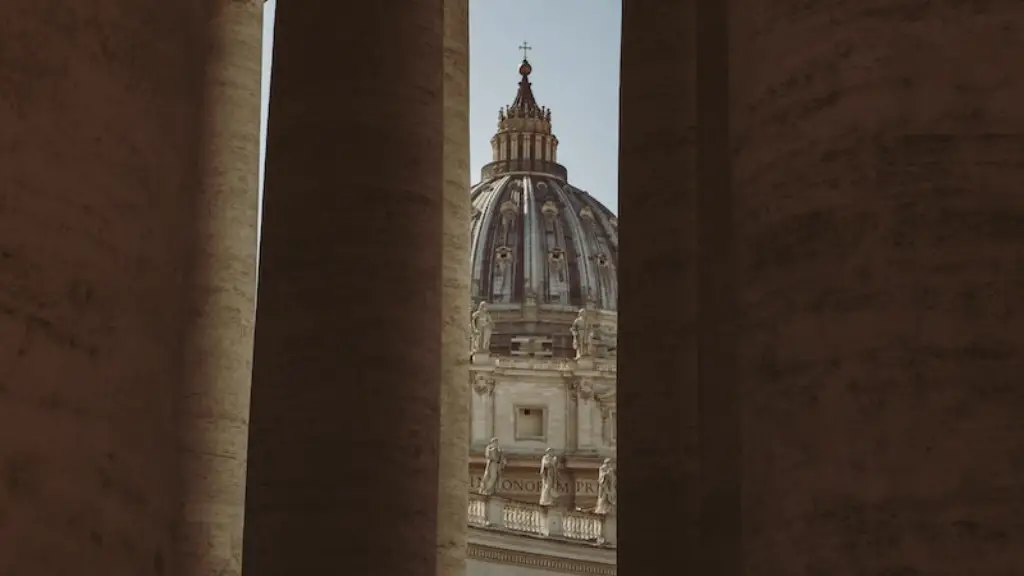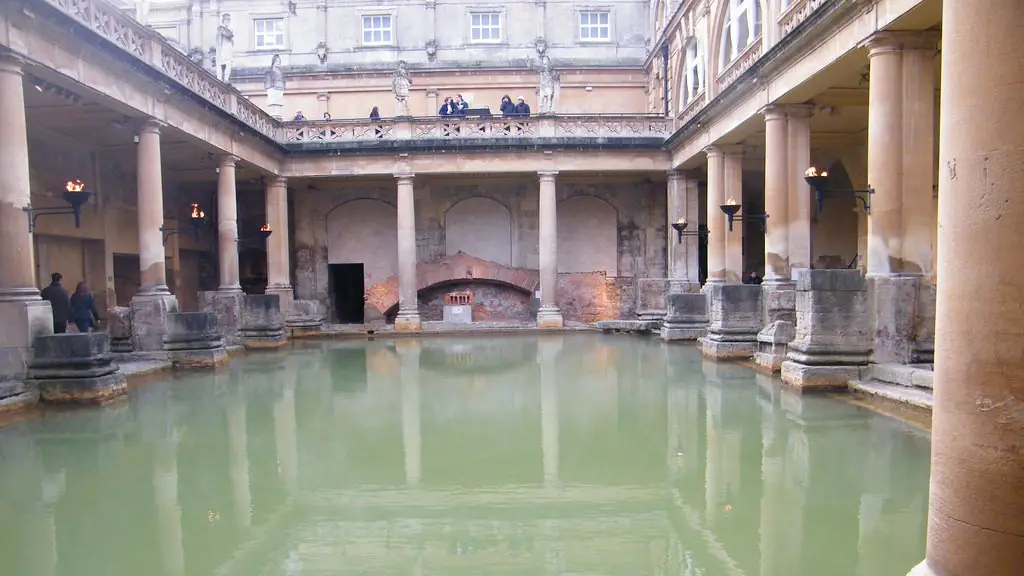Definition of a Cult in Ancient Rome
Cults in Ancient Rome were a type of religious organization devoted to a particular deity, saint, or hero. Typical features of cults included feasts and sacrifices, votive offerings, burning of incense, drink offerings, prayers, and processions. These cults were so diverse, they could involve either a single person or a whole community, depending on the divine being or religious figure being worshipped. Cults could be national, public, authorized to perform some ritual, or private. Among the most well-known ancient Roman cults were those of Cybele, the goddess of the mountain, Dionysus, the god of wine and ecstasy, and Mithras, the god of light.
Who Could Join Cults in Ancient Rome?
The members of Roman cults came from all social backgrounds and levels of wealth. Slaves, plebeians, and members of the equestrian and patrician classes could all be involved in one or more cults. Roman women were allowed to take part in cults, since many of them considered it their duty to serve the gods, serve a greater cause and be obedient to their husbands. Furthermore, both men and women could become priests, or carry out the cult’s rituals and obligations, as long as they had the financial means to do so.
However, there were also certain restrictions on who could serve as priests and lead cults. Not just anyone could become a part of the priesthood; they had to be initiated into the cult and follow certain rituals and religious obligations. Typically, Roman cults favored certain classes more than others, such as members of the aristocratic classes or those with political connections. Likewise, many of the wealthy could join cults and be accepted as members. However, slaves were not allowed to join the cult of Dionysus, for example.
Cults and Their Influence in Society
Cults in Ancient Rome were a powerful influence in society. They were not just a way of worship, but also a way of creating a unified cultural identity within Rome. By worshipping the same deities, Roman citizens could feel a sense of belonging and a shared purpose. Furthermore, cults were important for the political life of Rome. As members of cults, people would learn to obey and follow the rules of their patron deity, and the cults could become a powerful political force in the city.
At the same time, Roman cults were also important for strengthening economic ties and business relationships. By joining a cult, individuals could forge powerful alliances with each other, which could have great economic benefits. Additionally, cults allowed members to amass great wealth by offering sacrifices to their patron deity, which could then be used to purchase goods or invest in business endeavors.
Role of the Government in Regulating Cults
The Roman government had a great interest in ensuring that the cults were well-regulated and did not pose a threat to society. Consequently, the government would often require cults to register with the central government and follow certain laws and regulations, such as having their rituals performed in public areas.
The government also had a vested interest in religious cults because it allowed them to keep track of who was joining and participating in these cults. In the case of public cults, the Roman government could also use them to promote certain ideals or political agendas. Furthermore, the government could use these cults as a source of revenue, by taxing the cults and their members.
Impact of Cults on Roman Religion
The presence of cults in Ancient Rome had a profound influence on the development of Roman religion. By joining a cult, Roman citizens could come to a better understanding of the gods and their roles in the universe. They could also experience spiritual fulfillment and a sense of belonging. Moreover, cults provided a way for the Roman gods to be worshipped in a meaningful ritualistic way, without having to adhere to the strict rules and regulations of the traditional Roman religion.
Cults also created new opportunities for Roman citizens to interact with each other. By joining a cult, individuals could form closer and more meaningful relationships with each other. This type of interaction would be beneficial for the development of Roman civilization and its culture, as it would allow members of different social classes to come together and form strong bonds.
Reasons Behind the Popularity of Cults in Ancient Rome
The popularity of cults in Ancient Rome was due to several factors. First and foremost, the Roman pantheon was vast and complicated, and citizens needed a way to make sense of it all. Cults provided a way to connect to the divine, to gain spiritual fulfillment and a better understanding of the gods. Furthermore, cults could be adopted or created by anyone, which gave them immense flexibility and a wide range of possibilities for members.
Likewise, Roman cults were an important form of entertainment. Participating in cultic rituals and feasts could be a form of leisure and a way of socializing. Cults were also embraced by the Roman elite as a way of expressing their wealth and status, since they often required costly offerings and donations. At the same time, cults provided a way for the lower classes to gain recognition and prestige, as long as they had the financial means to contribute.
Connection Between Cults and the Roman Empire
Cults in Ancient Rome were deeply intertwined with the rule of the Roman Empire. As the Roman Empire expanded, new cults began to form, often in reference to the deities of the conquered regions. These new cults provided a way for the conquered peoples to express their faith and continue to follow their traditional religions. Likewise, these cults also served a political purpose, as they provided a way for the Roman Empire to draw new subject peoples into its expanding sphere of influence.
At the same time, the cults could also be a source of stress for the Roman government. Certain cults were seen as a threat to the authority of the state, and the Roman government had to take steps to ensure that the cults were not used as a force for rebellion. In many cases, Roman officials attempted to control the cults by regulating or abolishing them. In other cases, the Roman government supported some cults and provided them with financial support, in order to promote the allegiance of their members to the state.
Conflict Between Cults and Traditional Roman Religion
The presence of cults in Ancient Rome had a profound effect on traditional Roman religion, which was strictly regulated by the ruling class. Traditional Roman religion was highly conservative and strictly hierarchical; worshipping foreign deities could be seen as sacrilegious by the upper classes. Furthermore, the cults could be seen as subversive and the Romans would often consider them as a threat to their religious and political order.
Consequently, the Roman government took steps to regulate the cults and keep them in line with traditional Roman religious beliefs. This meant that cults often had to make compromises in order to function within the bounds of Roman society. In some cases, traditional Roman religious practices were incorporated into the cults, in order to ensure that the cults were acceptable to the ruling class.
Conclusion
In conclusion, cults in Ancient Rome were an important part of Roman life, as they provided a way for citizens to connect with their gods, forge alliances with each other, and gain prestige and recognition. Furthermore, the presence of cults had a profound influence on the development of Roman religion and the rule of the Roman Empire. Cults were popular with all social classes, with some restrictions on who could become priests or take part in certain rituals. At the same time, traditional Roman religion and the Roman government often viewed cults as a threat, and took steps to regulate or abolish them.




